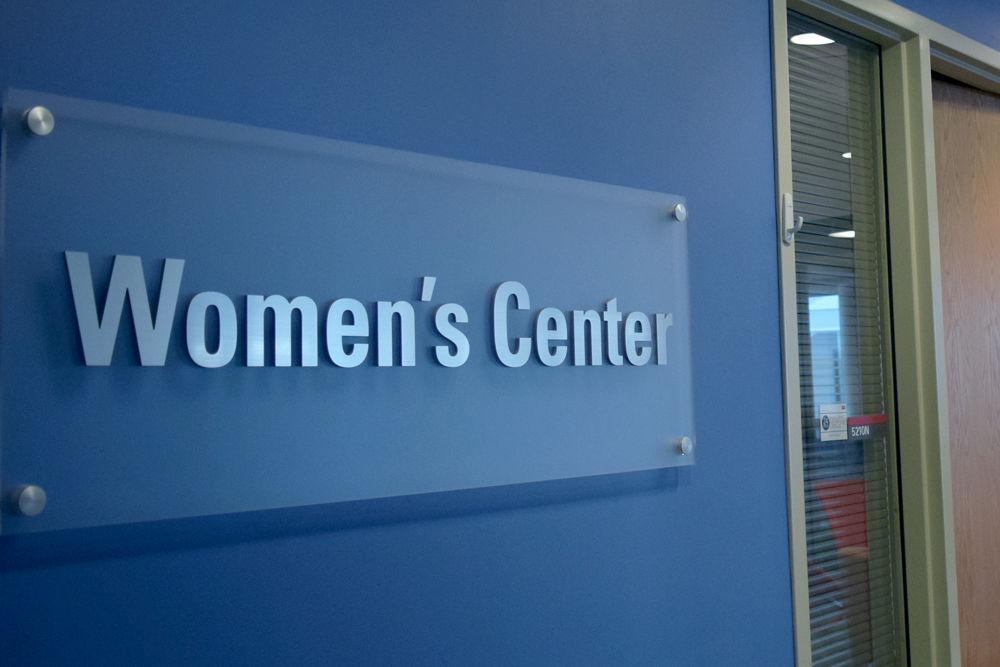An event series being hosted at NC State’s Women’s Center is working to bring focus on the perception of gender in today’s society.
The Masculinities Project is an ongoing program hosted by the Women’s Center. Consisting of several different sessions over the course of the semester, it aims to define and discuss the topic of masculinity, including how it came to be and how it has impacted society.
“Within the Women’s Center, part of what we do is working with survivors of sexual violence,” said Carlyn Wright-Eakes, the rape prevention education coordinator at the Women’s Center. “We’re also working on expanding what the center is known for. We want it to not feel like a space that’s exclusively for women-identified students.”
The project has also spawned a cohort for students to discuss issues raised by the project. The group, which currently consists of 12 students, meets every other Thursday of each month and participates in written self-reflections during off weeks.
“It started to look at the development of masculinity and understanding of how masculinity impacts student experiences,” Wright-Eakes said. “We’re looking at it from different angles of how that’s related to interpersonal violence and sexual violence within the work that we do. We’re also looking at how we can bring more people into the Women’s Center by looking at masculinity and kind of understanding the creation of masculinity and femininity as opposing.”
Bradford Hill, an academic success counselor and one of the key individuals who worked to make the Masculinities Project Cohort come to life, shed some light on how he views the program.
“For me personally, I see it as an opportunity to have really nuanced conversations around the topic of masculinity,” Hill said.
Hill also spoke about how students have been personally impacted by the cohort.
“I’ve seen a lot of worldview shifting and worldview widening, which I think is really good when we’re talking about trying to understand people better and understand human interaction a lot better,” Hill said. “I think these opportunities through content and through exploration through the writing prompts, I’ve seen a lot of that from the students and from myself.”
The Masculinities Project Cohort offers students an opportunity to discuss what masculinity looks like in 2019, as well as what has shaped society’s modern-day depictions of masculinity.
“I think it’s bringing the opportunity to kind of question what’s going on around them,” Hill said. “Kind of evaluate and think critically about what’s happening right now in society and what’s happening right now on campus, and how views of masculinity or attitudes related to masculinity are impacting relationships, interpersonal dynamics and the way people interact with each other.”
The Masculinities Project Cohort explores all different aspects of masculinity and gives students a chance to evaluate the topic of masculinity, including what roles they play with regard to masculinity.
“We started looking at gender and definitions and what we think masculinity is,” Wright-Eakes said.
From there, the cohort has gone on to discuss how masculinity developed in different cultures and how the ideals of masculinity have developed over the course of history within these cultures and with regard to colonization.
“We started with looking at images and descriptions of groups from around the world, precolonial, that had communities that had third genders or genderqueer identities,” Wright-Eakes said.
The Masculinities Project Cohort has also explored topics such as masculinity and power, including what the formation of masculinity looks like within modern day society.
“The creation of the ‘other’ has very much been what has formed masculinity, even though the idea of masculinity has shifted over time,” Wright-Eakes said.
Wright-Eakes confirmed that the Masculinities Project Cohort will happen again during the next school year. Those interested in participating in this project, keep a lookout for emails and advertisements to start popping up again at the end of fall 2019.
More information on the Masculinity Project Cohort can be found at Women’s Center website.













